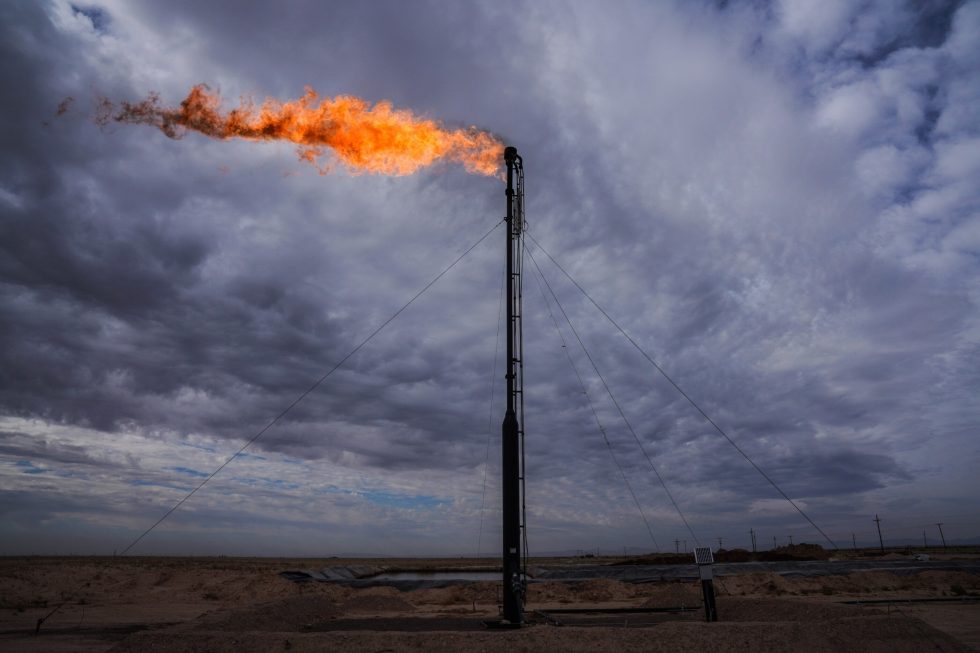
—to enhance fight against climate change
Seithati Motsoeneng
AS the global community confronts the undeniable effects of climate change, there is an increasing focus on methane—a potent greenhouse gas that ranks second only to carbon dioxide in its role in global warming.
This is according to Neo Mosito, the National Adaptation Plan (NAP) coordinator, who has underscored the critical need for swift action to reduce methane emissions in order to effectively address the climate crisis.
The NAP is a strategic framework that assists nations in recognizing and addressing their medium- and long-term objectives for climate change adaptation.
It serves as a vital strategy for facilitating effective adaptation planning in least developed countries (LDCs) such as Lesotho, as well as in other developing nations.
In 2023, Lesotho initiated the NAP process, which was originally introduced during the 17th session of the Conference of the Parties (COP) to the United Nations Framework Convention on Climate Change (UNFCCC).
This initiative is essential for comprehensive planning at all levels, given the enduring challenges posed by climate change.
According to Mr Mosito, a concerning reality about methane is that it possesses a global warming potential (GWP) that is significantly greater than that of carbon dioxide.
“This gas represents a serious threat to our climate,” Mr Mosito said.
“Over a 20-year period, methane is 84 times more efficient at trapping heat, and 28 times more so over a century.
“Although it has a relatively brief atmospheric lifespan of approximately 12 years, its influence on global temperatures is substantial, accounting for about 30 percent of the increase in global temperature since the industrial revolution.”
Methane emissions arise from two primary sources: natural and anthropogenic.
Natural emissions are produced by wetlands and permafrost, while human activities contribute significantly to the problem.
Major sources include livestock farming, fossil fuel extraction, landfill decomposition, and oil and gas operations.
The oil and gas sector is particularly notable as a significant contributor due to leaks and venting.
In addition to worsening climate change, methane also compromises air quality, contributing to ground-level ozone, a dangerous air pollutant that poses risks to human health.
Mr Mosito emphasizes that tackling methane emissions is crucial for immediate climate mitigation efforts.
“Reducing methane can yield immediate advantages,” he said.
“By focusing on this gas, we can achieve a meaningful reduction in warming in the short term.”
To effectively address this urgent challenge, targeted mitigation strategies are essential, Mr Mosito said.
This includes lowering emissions from agriculture, enhancing management practices in oil and gas production, and improving landfill management, the NAP coordinator said.
About Methane:
Methane is a major contributor to global warming, with 0.5°C of the observed 1.1°C increase in global temperatures attributed to it. It has a high global warming potential, meaning it traps more heat than carbon dioxide over a 20-year period.
Air Pollution: Methane is a precursor to ground-level ozone, a harmful air pollutant that can damage respiratory systems and crops. Exposure to ground-level ozone is linked to respiratory illnesses and premature deaths.
Explosion Hazards: Methane is flammable and can explode when mixed with oxygen at certain concentrations, posing a safety risk in areas where it is produced or stored.
Health Impacts: Exposure to methane can cause respiratory problems, headaches, and dizziness. In severe cases, it can lead to unconsciousness and death due to suffocation.





